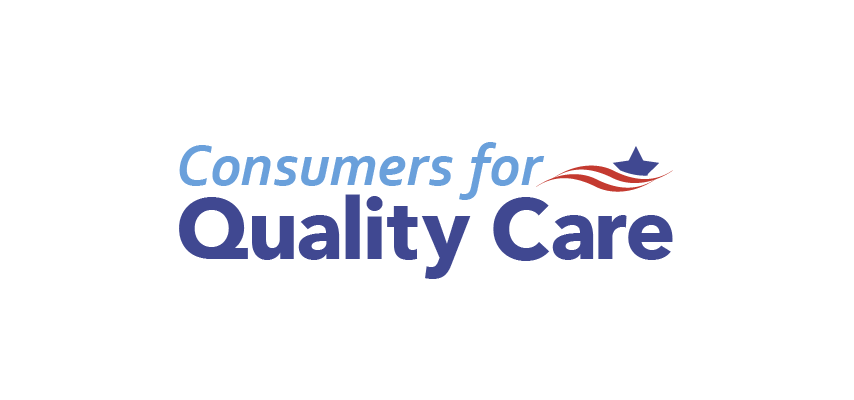We’re all in the pandemic together. That includes health insurers
By The Hon. Donna Christensen, on April 17, 2020

Originally appeared in Roll Call.
Tens of millions of Americans are expected to contract COVID-19. Across the country, people are facing unprecedented challenges, particularly financial. Already, more than half of Americans say they are not financially prepared for the costs associated with the coronavirus, and that number is likely to increase as more suffer job losses or reduced hours. Consumers shouldn’t have to worry about financial ruin on top of the many other health and economic worries brought on by the global pandemic.
Not surprising, Americans have been anxious about health care costs long before the spread of the coronavirus — a 2019 Consumers for Quality Care/Ipsos poll found that Americans were almost universally worried about the cost of health care. It is clear that fear of financial ruin from seeking medical treatment is a major problem that demands a solution. Insurers nationwide have the ability to make changes now that could help save countless lives by waiving patient cost-sharing of all medical costs associated with COVID-19 treatment, including vaccines and medications when they become available.
Across the country, we are seeing stories of insured Americans, like Andrew Cencini, incurring high out-of-pocket costs for testing and treatment. A computer science professor making just over $50,000 a year, Cencini faces nearly $2,000 in out-of-pocket bills for his visit to the emergency department and his (negative) coronavirus test.
Consumers have long been deeply frustrated by unpredictable costs and the lack of transparency in health care. CQC-Ipsos research shows that two in three Americans struggle with predicting how much they will have to pay for health care when they need it. The COVID-19 crisis has brought this fear of unpredictable and unaffordable out-of-pocket costs to the forefront. The average cost of COVID-19 treatments for employer-insured consumers is estimated to be just under $10,000 without additional complications. More complicated treatments could cost double that amount.
The prevalence of high-deductible insurance plans, co-pays and co-insurance means that exponentially more Americans will be burdened by long-term medical debt if insurers don’t act now. With 32 percent of U.S. families choosing not to seek medical care in the past 12 months because of cost, the outbreak may become even worse if patients avoid testing and treatment to escape unaffordable treatment bills.
